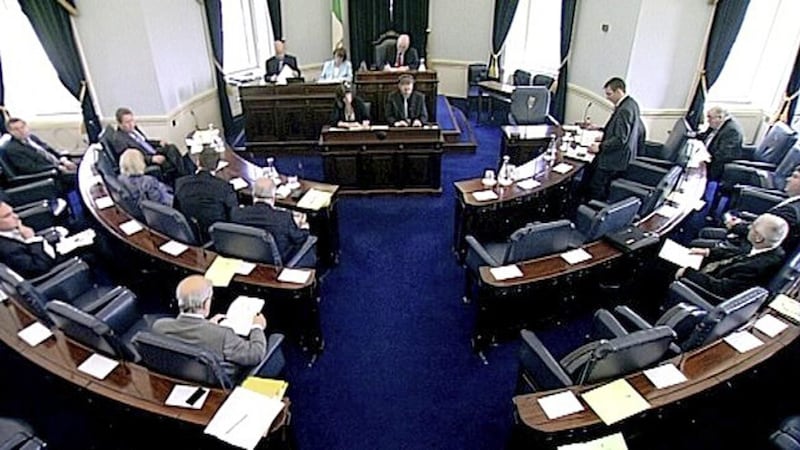Anyone told by a judge that they would spend the rest of their life in prison, after being wrongly convicted of involvement in an appalling atrocity, could have been forgiven for sinking into a permanent sense of despair.
Paddy Joe Hill, who died last week at the age of 80, instead became a tireless and highly effective campaigner against miscarriages of justice, wherever they occurred in the UK judicial system.
Mr Hill was one of a group of Irish men who were falsely accused of carrying out the entirely evil IRA bombings which killed 21 innocent men and women, and injured 182 others, at two bars in Birmingham in November, 1974.
They became known as the Birmingham Six after they were sentenced to life imprisonment the following year, even though it was plain from the start that the prosecution case which led to their convictions was deeply flawed.
Medical records demonstrated that the men had been viciously beaten in police custody before making statements, while the forensic tests used against them were so unreliable they should never have been presented to the court.
None of this prevented the trial judge from concluding that they had been convicted on “the clearest and most overwhelming evidence I have ever heard”, with their application for leave to appeal flatly rejected two years later.
Chris Mullin, the former Labour MP who was a courageous and determined advocate for the Birmingham Six, wrote in an obituary for The Guardian last week that Mr Hill, from Ardoyne in north Belfast, was the angriest and most articulate of the group.
Mr Hill was certainly at the heart of the prolonged efforts to clear the names of the men, despite many frustrating setbacks, and led the public celebrations when the British Court of Appeal finally declared their innocence in 1991, after 17 years behind bars.
He went on in 2001 to use part of the money he received in compensation to establish the Miscarriages of Justice Organisation (MOJO), which supported others who had been through similar ordeals.
MOJO has helped to clear the names of a number of people and also offered practical assistance after their release, as well as providing academic placements for students of law and forensic science.
Its work will continue after the loss of its founder, proving how determined Mr Hill was to ensure that, even in the most difficult of circumstances, the truth must be told.
His 1995 autobiography, Forever Lost, Forever Gone, frankly set out the mistakes he made in life before he was wrongly convicted of the Birmingham carnage, but it is beyond doubt that he went on to become a significant force for good across our society.









